#guest edit
Text

DAY 44
GUEST EDIT BY @/voidaspic ON TWITTER
237 notes
·
View notes
Text

Waste not, want not
By HRH The Princess Royal | Published 29 July 2020
EVERY year, month and day, I realise how fortunate and privileged I am to have grown up and spent most of my life in the countryside. It’s not only the space, appreciating the seasons, the wildlife, the plant life, the arable crops and the livestock, but, most importantly, it’s the people who live and work there and understand the complexity of their environment. I was equally fortunate that both my parents had a love and understanding of the natural world through their own experiences. Perhaps even more so for my father when, during his rather disjointed young life, he ended up at school at Gordonstoun and was introduced to the wilds of Scotland, both land and sea. Scotland had its influence on my mother, too, as did the big skies of Norfolk, and the huge fields and marshes of the Sandringham Estate. Windsor’s Home Park and Great Park were a constant presence for her, as they were for all of us. They had horses, dairies, hens, pigs—you could never be bored as a child. Windsor was and is a haven of peace, although not so quiet since the growth of air travel—until the lockdown.
Superficially, not much has changed since I was young; the Jersey herd is still there, although the cows now enjoy a robotic parlour. There are Sussex cattle in the Great Park and the crops are a different mix, but the forest is still there, as are ponds and wet areas, the Savill Gardens and Frogmore House Gardens. Buildings and skills that the Prince Consort would have recognised.
Prince Albert’s influence is seen so often at the forefront of research and practical application, not least in agriculture and building design. His model farm at Windsor, for instance, and nearly all the buildings at Balmoral improved the use of space and integrated more efficient use and better distribution of water. My father was impressed by Prince Albert’s approach to forward-thinking and sustainable developments and has added his own understanding to encourage others to build on the knowledge of their predecessors. The Royal Commission of 1851 was set up by the Prince Consort after the Great Exhibition to build on its success of creativity, innovation and trade. When my father was its president, he oversaw an extraordinary investment in talent across the whole spectrum of research, including the science and practice of agriculture and sustainable land use. I now have the privilege of being its president, which also reminds me of the wealth of knowledge that I have been exposed to throughout my life and the part my family has played in growing that knowledge.
Prince Philip has added his own unique talents by being very well briefed, then engaging and bringing together all interests that are part of the countryside. He is a very hard act to follow, but I’m grateful for the time he gave us and the example he set us.
It is only later in life that you realise how much you have been exposed to and how much you have absorbed from your early years. We were taught to observe and question, to be open minded, to understand differences, to treat every person as an individual with their own skills and to remember there is very little that is completely new under the sun. We are where we are because our ancestors not only survived by living off the land, water and air, but also innovated ways of doing so more easily and successfully; so successfully that a shortage of food seems a distant threat for much of the western world. However, although we may be growing more, the access to and distribution of good-quality foods is still a challenge.
We are living through a real global pandemic that is affecting literally every person’s life in some way, even if they and their countries have barely suffered directly from Covid-19. The effect on global food supplies through the restrictions on transport and logistics (see page 124) should raise our awareness of the vulnerability of the modern—just in time—demand-and-supply approach and highlight the strengths of local production and markets. Change will require all land users to work even more closely together to understand the most appropriate and least damaging way to increase production of crops and livestock that best suit our ground conditions and weather. It also means finding the right space and access for those who wish to enjoy the non-producing areas.
The restrictions that Covid-19 has placed on the entire population have accentuated the pressure between town and country. However, it has also shown that, thanks to historic houses, caravan parks, national parks, forestry enterprises, riding and cycling trails, rambling routes and assorted types of accommodation, access was quite well catered for already as an important contributor to the rural economy. The pandemic has highlighted the number of people and jobs that are crucial to that economy, too, be it the hospitality sector, conservation projects or the farming sector, such as the harvesting of many crops, fruit and vegetables and the care of livestock, especially sheep-shearing. Those jobs are still hard physical work that also need skills to achieve the standards that the buying public expect.
Technology is already making an impact in these areas and will make a bigger impact as the innovators and practitioners work out what is adding value and efficiency, without doing any more damage to the environment. Education and training play a big part in the shared understanding, success and enjoyment of the countryside. Our knowledge is derived from experience, evaluation and development and we need that information to be readily available. The royal agricultural societies, the county agricultural shows and societies (see page 120) —which are often the gatekeepers to public enquiry and understanding—the further-education colleges and universities that still maintain links with the rural economy (see page 128) and the people who live and work in the countryside are more important than ever, especially as there is no such thing as an unskilled job.
Research has made progress, but single-issue research must never lose sight of the overall subject. I mean that, for instance, one type of crop, with very specific qualities, may not be the best crop for every environment. Nature’s ability to adapt is, on the whole, better than humans or, indeed, computer-model-driven versions. How do we combine the best of both, the single-issue expertise and the need for a holistic view? Hopefully, by recognising that practitioners, residents and consumers can all access accurate information, education and training so that they can contribute to the debate and the research on best practice for the countryside.
How do I define best practice? Understanding how to work better with local conditions and working with Nature, which could be by using very traditional methods. Yet also using technology to support farming and related jobs, as well as extending the employment opportunities to those who would rather stay in the countryside. Not everybody does, which is just as well, as there is already a shortage of affordable houses in most areas (see page 118).
One of my pleas for best practice is quality, appropriate housing of the right type and the right numbers in the right places. Housing for local families that are priced out of the market; for young, single people who would like to stay and work in their home village or area; young families; and retired people who were born in the village and would like to return home. All of them could make the difference to having a viable school, shop or pub in the village. Importantly, these housing developments should be small and remain in the control of the local parish council, either for rent or shared ownership—preferably small because of two other best-practice issues: waste and energy.
Waste—produced by humanity and the way it chooses to live—that is not dealt with appropriately is up there with not understanding the value of small housing developments built to last as a major irritation to me! If you want to help the planet, controlling our waste is something everyone can do and it will make a difference. We will always produce waste, however efficient we become, so we must get better at reducing it at every stage and dealing with it better at the end. That means making things such as clothes, furniture, vehicles and supermarket trolleys that can be recycled safely and economically and not dumped on someone else’s ground. Did I mention that fly-tipping is another major irritation to me?
There are some perfectly good waste and recycling systems out there already, including anaerobic digesters and waste-to-energy plants. I would hope we can be more innovative and local in the way we deal with our rubbish to encourage everybody that it is worth making the effort to put waste in the right places, recycle more and have the confidence that it will make a difference.
Everything about life today seems to be about convenience and waste is seen as inconvenient; we must help make it more convenient to deal with. Raising the profile of the country code might help, especially as the post-coronavirus getaway to the country seems to have resulted in an increase of littering and vandalism.
Reliable energy supplies are critical to everybody and renewable energy created by innovative and local solutions will be a crucial part of the networks. Rural areas could be even more self-sufficient, especially if much of the equipment is to be electric. Replacing fossil-fuel generators has not been easy, but covering the countryside in solar panels and windmills isn’t really the answer, either. Using water better, using waste from crops, using waste from woodlands and the ability to store energy, possibly as hydrogen, can all help, but will require a more flexible grid and, therefore, the technology to make that work. Small nuclear reactors could have their place, but perhaps there is not the space to pursue that now.
In order to make rural life less isolated, even 5G coverage will not solve the problem of transport for farmers, shops, schools, pubs and the people who want to live and work in or from the rural environment. You need logistics to travel, to distribute, to deliver and to collect. Many businesses, good ideas and ambitions have failed because there are too few of any of the above and they are too expensive.
The need for appropriate vehicles and qualified drivers has not made it any easier to service the rural areas. I gained my HGV licence in 1974 after, I think, a two-hour test, all driving, starting with the handling test, which meant that, if you touched a cone, you were unlikely to pass. Then you spent the rest of the time driving—in my case, mostly in Reading. There was no theory test and, in relative terms, it didn’t cost very much. Now, it is a serious commitment in terms of time and money, which has resulted in a real shortage of HGV drivers. This, and the requirement for qualifications for nearly every other sort of vehicle, has made it even more difficult to maintain services. The needs of the rural communities during the coronavirus lockdown has underlined the importance of those people and their roles. We would do well to build on that experience.
I have lived at Gatcombe for more than 42 years (see page 80). We were not looking for a farm, but it has been a real privilege to try to work with what we have. Ours is an organic, extensive grass enterprise, usually complicated by running the horse-trial championships in early August. The woodland is a real mix of trees—mostly beeches, but huge numbers of ash of all ages. Who knows how many will survive, but I feel the naturally selected mix could be an important part of the answer.
Perhaps mix is the key. I write as a classic ‘Jack of all trades’, who has the opportunity to listen and engage with the masters of their subjects. Does the little knowledge I pick up make me dangerous or well informed?
Well, some of my information comes from COUNTRY LIFE , a publication that continues to reflect and promote all aspects of rural existence. This week’s edition has generously reflected some of my interests and those of people I believe are making a real difference. I hope the edition will leave you positively optimistic about our country’s country life.

44 notes
·
View notes
Text

An Ace Attorney reference in my Locked Tomb short story??? It’s more likely than you’d think.
#the locked tomb#the unwanted guest#palamedes sextus#ianthe tridentarius#ianthe the first#ianthe naberius#the locked tomb memes#nona the ninth#objection.lol#ace attorney#plz share this to help justify the 5-7hr I spent editing sprites for this 🥺#the scraps of NoN#nymph rambles in the tags
2K notes
·
View notes
Text
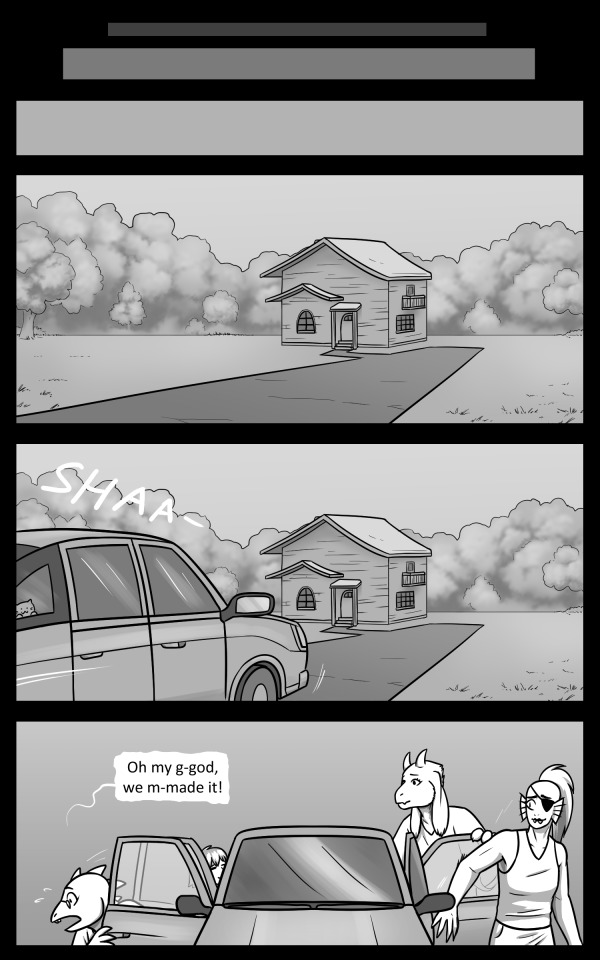
Unexpected Guests Chapter Ten, Act Two: Page 1
First / Previous / Next
After so much conflict and Gaster's persistence, it seems like a miracle that Frisk and their friends have made it to the skeleton brothers' house unscathed. But there's still much to do, and they don't know how long it will take for the scientist to catch up...
That's right this is another chapter with acts! But I only decided that just now, and it'll probably only be the two, lol. now that we've arrived at the brother's house, things can only keep moving forward...
Apologies for the shorter update--but I hope you'll look forward to the next one, coming September 7th!
#undertale#undertale comic#unexpected guests comic#undyne (undertale)#toriel (undertale)#alphys (undertale)#frisk (undertale)#i... probably won't go back to edit the titles of all the other pages =u=;#hopefully the last time i have to draw any cars! but i will have to draw the house.... alas.....#but we're also getting to the meat of the chapter :>
1K notes
·
View notes
Text
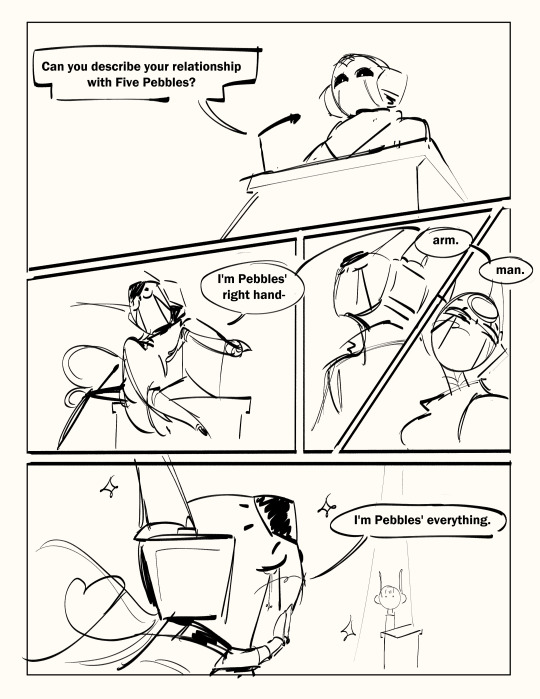
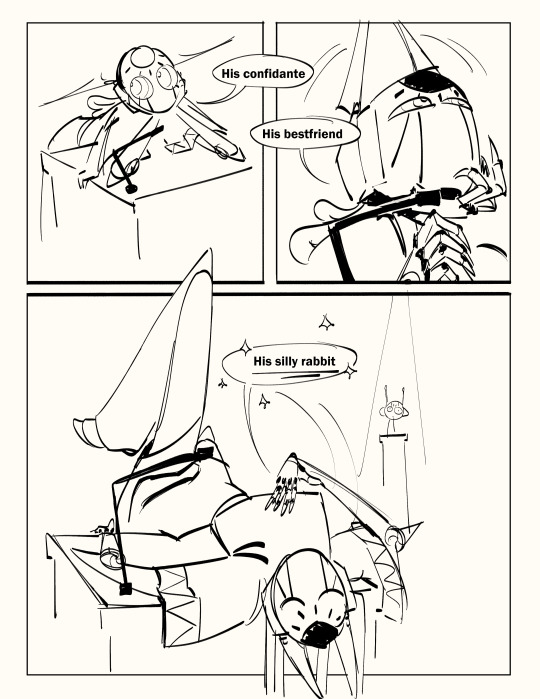
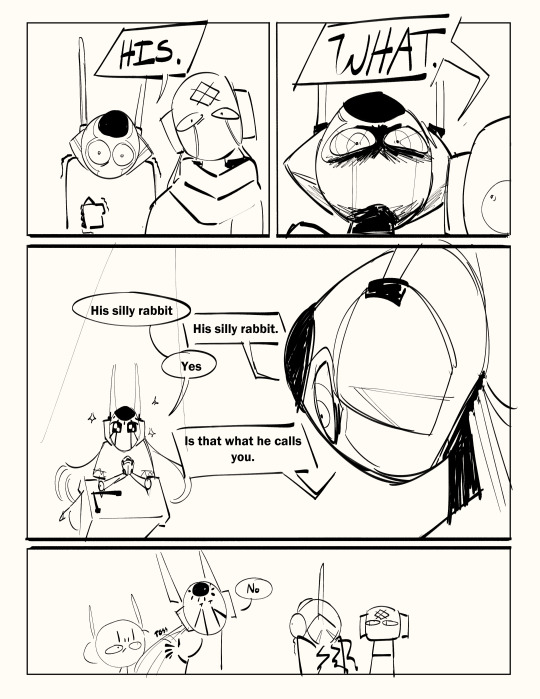
five head in the last frame
#yea i cant explain this one#my art#rain world#five pebbles#no significant harassment#seven red suns#looks to the moon#edit: if you want to tag this is as ship be my guest#if not also be my guest
633 notes
·
View notes
Photo


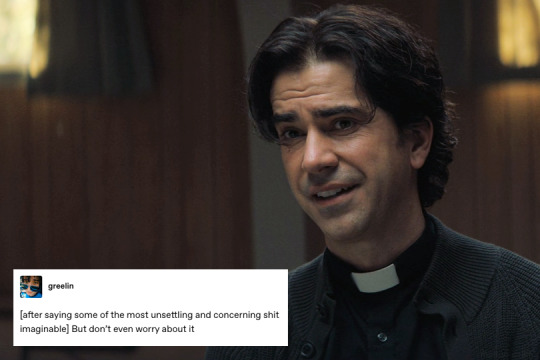
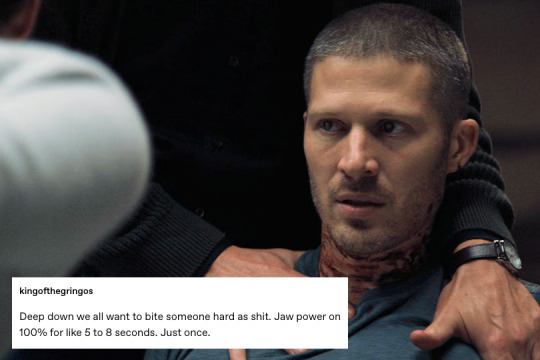

Midnight Mass + Tumblr Text Posts (8/??)
#midnight mass#midnight mass spoilers#father paul hill#monsignor john pruitt#riley flynn#bev keane#mm textposts#mellon-edits#text post meme#The Meeting edition#in which riley has A Time#special guest star: spooky vampire eyes
2K notes
·
View notes
Text


i want someone to take this soul
i can't bear to keep it, i'd give it just to give
and all i will take are the consequences
#ts4#ts4 edit#wolfgang munch by gunthermunch#the land is inhospitable and so are we edit marathon continues guest starring wiggens. this song is so him it hurts me bad#p
358 notes
·
View notes
Text

ghoul boys high five!
#watcheredit#ghostfilesedit#ghost files#watcher#ryan bergara#shane madej#ghostly guests of the magnolia hotel#userairi#learned a new coloring technique! :')))#edit#gif
265 notes
·
View notes
Text
haphazard assortment of thoughts on the unwanted guest:
firstly, it really does have to be said—crazy good, probably my favourite of all the tlt short pieces, and i say that as someone who lost my mind over as yet unsent for like a week. excellent conceit and excellent execution, just a really gorgeous piece of writing. the play format of course reminds me of what abigail says to harrow in htn—that the river bubble is a ‘play [she’s] directing’—the inside of one’s head as a stage in which other actors can intervene & whereby mileage can be gotten out of Symbolism as immediately “real,” tangible presences that the kind of realist baggage that a more quotidian prose form would usher in would probably falter in accomplishing. it’s a lot!! i think even if i wasn’t already a tazmuir writing style defender (contra the insistence that she’s yknow homestuck fanfiction serial numbers filed off hack) then this would have had me floored anyway.
the play format also works in the way that muir’s general dexterity in form and willingness to really make use of craft as a technical space where discourse can be generated always works—i’m talking about the ‘fanfictiony’ voice in gtn which manages to say something both about fanfiction and about the text itself, the use of the dramatis personae as a space where atmosphere can be established and plot points hinted towards (thus blurring the lines between what is and is not diegesis), the drastic shifts in style between different close thirds, the shifting from third- to second- to epistolary first-person, the use of poetry both diegetic and not (the noniad, the epigraph poems…), the mimicry of the ‘voice’ of the king james bible in the nona epilogue—she never stays in one place for too long and she never seems to stick to one central style or form, and it really works in her favour. insofar as tlt as a whole is a very ‘patchwork’ kind of work, building itself up from its big big index of references and intertexts and memes with hugely variant levels of ‘prestige’ or legitimacy attached to them, the ‘patchwork’ use of form really works in muir’s favour. however i am also fuming because i was right in the middle of writing a tlt fic which jumps into a play format two-thirds of the way through and now my idea doesn’t look ORIGINAL but ANYWAY—
& i really do need to flag my good friend vee’s mercy/augustine fic, which makes use of a similar conceit and pulls it off masterfully—i am deeply jealous of vee’s talent and i think the unwanted guest makes this piece (from 2021!) shine even more, if anything.
i am DYING to see where muir is going with the use of hamlet, of all things—dulcie quoting it to palamedes immediately catapulted my mind back to abigail’s reference to ‘that undiscovered country’ in htn. obviously muir likes to drop contemporary (or contemporarily canonical) references and turns of phrase all over the place, but the attention drawn to the quote as diegetically referential (“I like that. Is it from something?” / “Yes. It’s complicated.”) has me wondering about a) the survival of ‘pre-res’ literatures ~over the river and like WHY and b) what a thematic interlocking of tlt and hamlet can do, here…….real aveheads remember cytherea ophelia theory where i tried to use ophelia as a point of reference for teasing out some arguments about cytherea and death and aesthetics and white femininity and whatnot. all of which is to say i need to sit with this hamlet reading a lot more but i love it, i am so here for it.
of course ‘kissing or feeding, we can’t be sure’ calls to mind ‘how meat loves meat,’ alecto biting harrow’s mouth by way of a kiss…and the general thematic throughline of, you know, certain practices of love as practices of consumption, naberius later being figured as the ‘meat’ in question contains echoes of this eroticism which ofc guides the contours of the necromancer/cavalier dynamic, eroticism as a currency of power, we know all of this stuff because it’s all over the text but i am just thumbs-upping it from the sidelines
the coffins had me thinking of utena’s black rose arc, which is a fun link to make considering the equivalent moment in the main body of nona is also referencing utena, ie. with the ‘rules’ of the duel being that cam has to get the handkerchief out of ianthe’s pocket as kind of an equivalent to skewering the rose. i feel like the tlt/utena overlap is pretty self-explanatory but it’s just fun to see the fingerprints all over lol
i think a lot of this was treading old ground thematically (erotics of consumption, dog motifs, we’ve seen it already!) but i will say that i did Yell Out Loud over ‘who's she got dawdling behind her but that creature—tugging visibly at her leash like an overeager dog.’ reminded of the other memorable use of ‘leash’—’even the devil bent for god to put a leash around her neck’—and, of course, the endless parade of commonalities between gideon & alecto. anyway there’s not really anything in this line that we didn’t already know about gid as a character, thematically speaking, but i point it out because it inflicted +100 psychic damage when i read it. gideon as a ‘creature’ is particularly slimy, & sort of puts me in mind of ianthe's tendency to talk about what appears to us as 'butch masculinity' (as opposed to the more effete masculinity of augustine or even babs) with a notably derogatory slant (the 'hurtful threats of sexual violence' line comes to mind); i don't know that i have much to say about it here specifically but it's an interesting one that i think informs the kirianthe dynamic pretty heavily (especially when held up against, like, harrianthe ... ianthe has a kind of respect for whatever harrow's gay and stupid gender is Doing (at least insofar as she can mould it to her own desires; i'm thinking of the dios apate forcefemme scene lol) in ways that i don't think she has for kiriona? but this is v off-topic, lol).
i have never been especially taken by dulcie as a character but i think this may finally have forced me to fold and admit that she’s great. her haters!!! her agonies!!! camilla would have to cook!! the balance between levity and sincerity was really well-managed. & i love the double meaning of “unwanted guest” as both palamedes intruding on ianthe’s mind palace and naberius setting up shop inside of her.
i need a week to sit with where this idea of the consumed soul as being literally ‘digested’ such that it can begin to ‘inhabit,’ however immaterially, the host body, or like to alter the characteristics of the host body such that to carry out such a consumption is to kind of kill yourself as well, slots in with lolita theory. or like, i need alecto right now. i am however reminded of chew, a short story that muir wrote in 2013, which also plays with these ideas of sexual assault as a forcing of a part of yourself meaningfully ‘into’ another person, and cannibalism as the reenactment of such a process, figured in the story as kind of a reclamation or at least an assertion of permanence—“I was always going to be in the ground with him in me,” she said. “I just wanted to make sure, that’s all. I just wanted to make sure.”—which the unwanted guest seems to kind of, play with in reverse? i don’t know, but i’m interested—as ever—in where muir wants to take these ideas of rape and consumption and absorption that she’s got in her hands.
i keep returning to…i hesitate to say ‘parallels’ because i think that imposes a narrative onus that i’m not actually that convinced by, but these, like, commonalities between babs and gideon. gideon is played off against so many people (cristabel, loveday, alecto being the big ones) that it feels kind of inane to add another person to the pile, but like…they’re the two who get got in canaan house, they’re both ironically ‘false’ cavaliers and expressions of the ‘truest’ or most paradigmatic form that cavalierhood ‘can’/’should’ take, they both have unconventionally gendered names (‘babs’ is a shortened form of ‘barbara,’ it is a typically feminine name imo) and (by our standards) somewhat unconventional genders (gideon is butch, babs effete)—and of course the unwanted guest places a lot of emphasis on the coercive ‘making’ of cavalierhood (the reference to babs being ‘fixed’ were he to have a disability! ianthe’s glib ‘society really is to blame’ comment—ironic, obviously, but not wholly untrue) not dissimilar to the emphasis that gtn puts on cytherea moulding gideon into the state she comes to be in at the end. babs and gideon as the two possessed corpses in nona, obviously. two wildly diverse but ultimately converging trajectories! a dialectical tension between their fundamental ‘opposition’ (as by-the-book cavalier vs whatever gideon is doing) and their fundamental ‘sameness’ whereby the dialectic is resolved in their mutual deaths. also just, of course, continuing the throughline that muir has had going for a while now, of gender/gendering as a set of coercive enforcements loyal to a hegemonic structuring of the world.
that’s all i’ve got, i think. just. really good everyone say thank you tazmuir
#.txt#tlt#the unwanted guest spoilers#this was originally bullet points but tumblr's formatting is bad and i can't be bothered editing to improve the flow here. so.#rape cw
273 notes
·
View notes
Photo

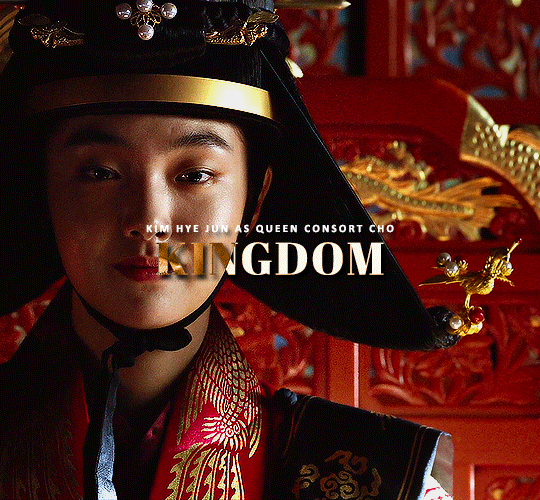

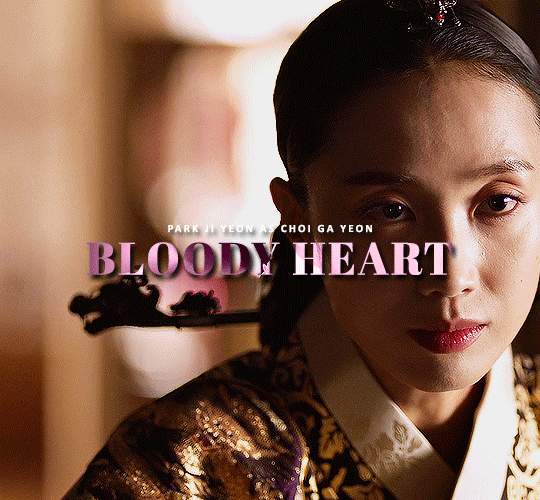

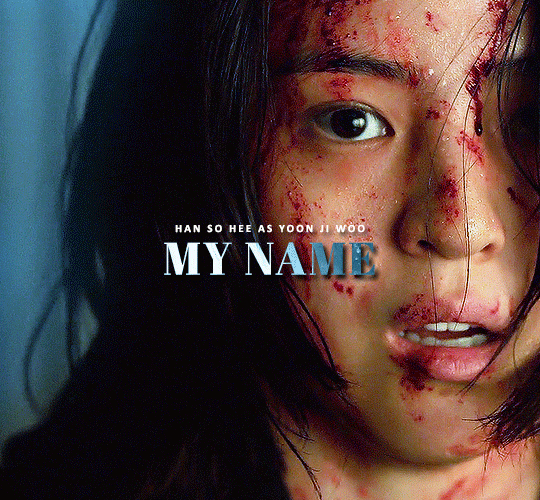
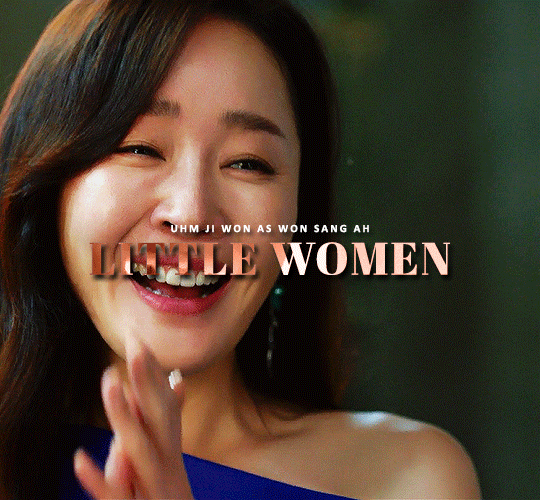

#KDRAMAWOMENSWEEK 2023 | Day 4: Bad Girls Club
Kim Hye Eun as Park Hong Joo in The Guest (2018)
Kim Hye Jun as Queen Consort Cho in Kingdom (2019-2020)
Ji Eun as Kang Wol Hye in The Red Sleeve (2021)
Park Ji Yeon as Choi Ga Yeon in Bloody Heart (2022)
Kim Hieora as Boss Yong in Bad and Crazy (2021)
Han So Hee as Yoon Ji Woo in My Name (2021)
Uhm Ji Won as Won Sang Ah in Little Women (2022)
Song Hye Kyo as Moon Dong Eun in The Glory (2022-2023)
#kdramawomensweek#kdramaladies#kdramaedit#kdramadaily#kww2023#indecisiveness got the best of me so I decided to take 'club' literally#😈#we talk a lot about other giffing woes but not enough about the TRUE enemy:#'I need that one little scene from that show I watched over a year ago and have zero idea what ep it was in'#still sad about wol hye though I wanted to give her her flowers#:((#I only just caved and started watching the glory 🤕 weak-willed!!#*edits#long post for ts#the guest#kingdom#the red sleeve#bloody heart#bad and crazy#my name#tvn little women#the glory
599 notes
·
View notes
Text
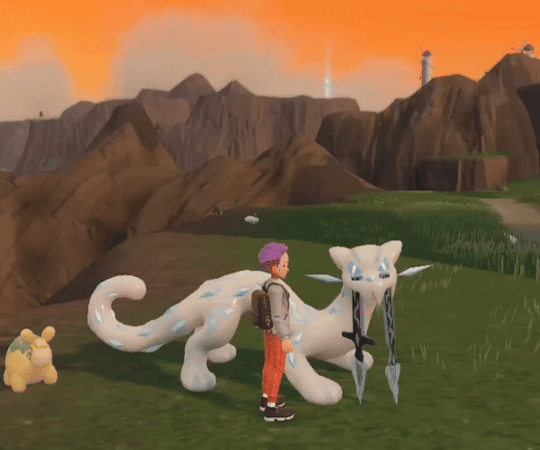
Fornísskattr the Chien-Pao is a very excited deadly noodle 💙
#shoutout to guest star wild numel who's just chilling#chien-pao#chien pao#games#mine#pokémon#pokemon#pokémon scarlet and violet#pokemon scarlet and violet#pokémon scarlet#pokemon scarlet#pokegraphic#pkmn#pkmn sv#pkmnedit#pkmn edit#nintendo#switch#nintendo switch
96 notes
·
View notes
Note

day 109
GOD I HATE THE MINIONS SO FUCKING MUCH, I'M CONVINCED THIS IS SOME SORT OF SICK AND TWISTED CORPORAL FUCKING PUNISHMENT THE PARADOX SPACE IS INFLICTING UPON ME AND YOU'RE AN ACCOMPLICE
#submission#homestuck#hs#davekat#dave strider#karkat vantas#guest edit#guest art#realnerdshit#HEY JOHN JUST A LITTLE SUGGESTION THE NEXT TIME YOU'RE SENDING IN ONE OF YOUR MASTERPIECE PLEASE HIT THE SUBMIT BUTTON NOT THE ASK BUTTON -
76 notes
·
View notes
Text

Princess Anne’s Country Life guest edit: The inside story of putting together a magazine with The Princess Royal
Country Life | Published 29 July 2020
Paula was the Co-ordinating Editor of the special issue, which was guest-edited by The Princess to mark her forthcoming 70th birthday — a 172-page edition of the magazine highlighting The Princess’s deep love for and thorough understanding of the countryside and those who live and work in it.
‘Working with a small team from The Princess’s office at Buckingham Palace, we overcame the challenges of working from home across the country due to the Coronavirus pandemic to pull together an eclectic edition that truly reflects the issues and the country people that The Princess holds dear,’ says Paula, who compiled the magazine from her kitchen table in Dorset.
‘Working to a list of features supplied by The Princess in February, we quickly marshalled our best writers and photographers to write about and photograph all the subjects requested, while adhering to social distancing rules,’ Paula continues.
‘This involved commissioning one of the very best Scotland-based gardens photographers to illustrate a beautiful, but far-flung garden, surrounding the Ruuval lighthouse on Islay, plus our Picture Editor, Lucy Ford, organising lots of individual open air photo shoots with The Princess’s nominated champions of the countryside.’
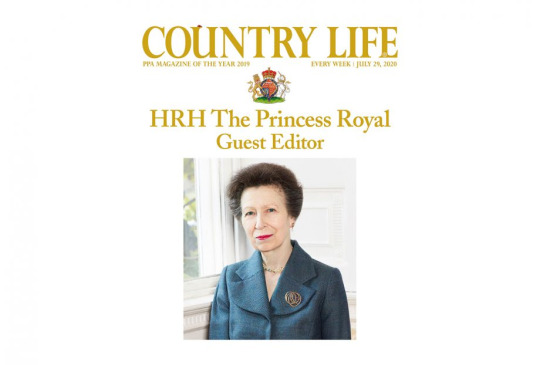
The magazine’s Deputy Editor Kate Green and freelance photographer Sarah Farnsworth were also delighted to be invited to The Princess’s home at Gatcombe Park in Gloucestershire, to illustrate her dedication to organic farming and rare breeds.
Once all the words and pictures were ready, the work of putting together the pages could began.
‘Once we’d gathered all articles and images, our talented design team — led by our Art Editor, Emma Earnshaw — set to work creating a series of eye-catching layouts, which were then expertly fitted by our Chief Sub-Editor, Octavia Pollock’ Paula continues. ‘It was a massive effort on behalf of the entire team, including our Photographic Library Manager, Melanie Bryan, who met me just off the A303 to hand over the page proofs ahead of our meeting with The Princess.
‘Having sent nigh on 1,000 emails and made countless telephone calls, we are really proud of the edition and the way it reflects The Princess’s commitment to the countryside and more than 300 patronages,’ enthuses Paula, who, along with Country Life’s Editor-in-Chief Mark Hedges met The Princess at Gatcombe in mid-July to go through the final page proofs.
The issue also includes a 2,000-word leader article, which The Princess wrote on her own iPad, in which she credits her parents for instilling her appreciation of Nature — ‘Both my parents had a love and understanding of the natural world through their own experiences’ — and explains how fortunate she feels to have spent ‘most of my life in the countryside’.
Mark Hedges concludes: ‘It was an absolute delight to have The Princess Royal as our guest editor. Her passion for the countryside shines through with every feature, combined with her concerns that the right action is taken to safeguard the rural way of life for future generations, from providing affordable housing to dealing with fly tipping. We do hope our special edition makes a very fitting 70th birthday present.’
47 notes
·
View notes
Text

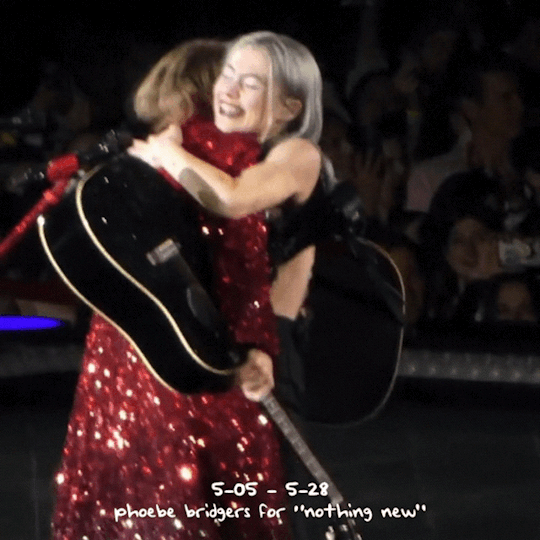


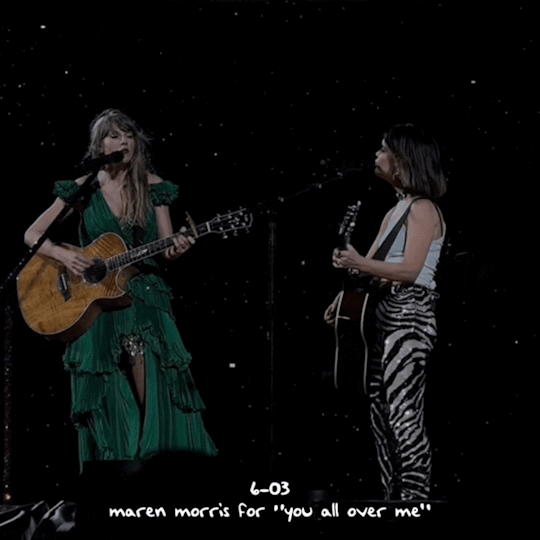


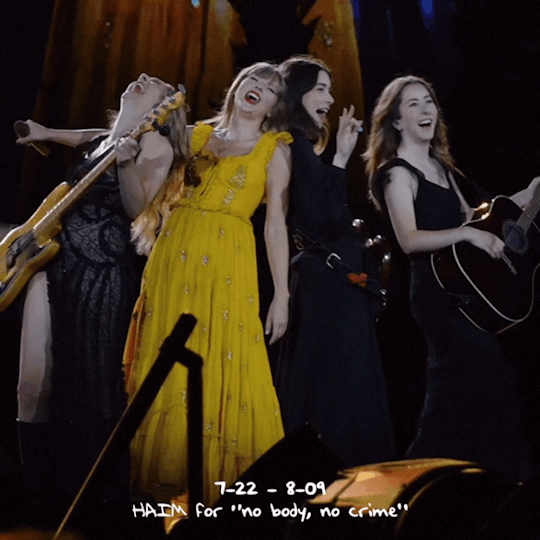
all the special guests on the eras tour so far (except for aaron dessner).
#taylor swift#swiftie#taylurking#the eras tour#made by me#my gifs#my edit#eras tour special guest#phoebe bridgers#phoebe and taylor#haim#taylor swift and gracie abrams#taylor swift gif#eras tour gifs#ice spice#jack antonoff
211 notes
·
View notes
Text

ranboo is in michelas instagram post :D
#ranboo#ranboo update#instagram update#guest appearance#irl photo#michela darkeyebrows#slimecicle#aimsey#guqqie#moonzy#there are other photos in the instagram post but I’ve posted them all already and don’t wanna do double work sorryyy#edit have Confirmed is Grace yippee#grace safford
165 notes
·
View notes
Text

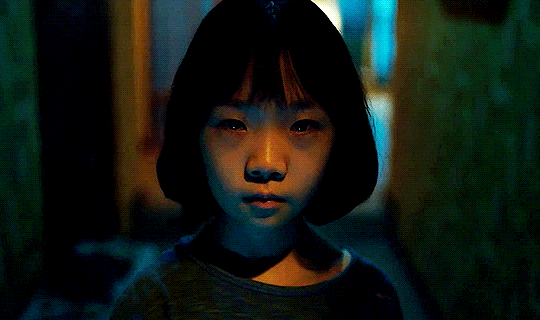


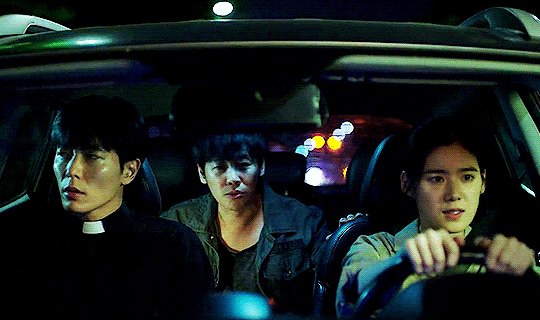
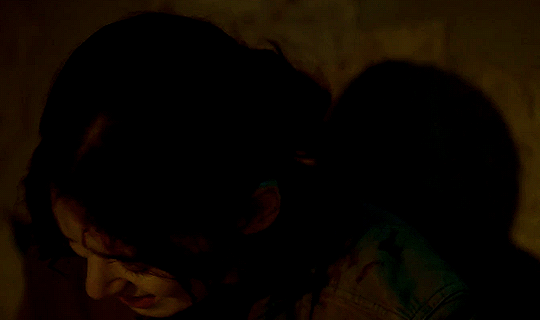


POTW: FAVORITE OCCULT/CURSE/SHAMAN THEMED DRAMA (as voted by our members and followers)
The Guest (2018) — dir. Kim Hong Seon
#the guest#ocn the guest#kdramaedit#kdramanetwork#kdramadaily#chewieblog#userbbelcher#kdramasource#asiancentral#dailyasiandramas#asiandramasource#cinemapix#cinematv#smallscreensource#horroredit#dailyhorrorgifs#drama#potw: 231030#potw: edit#maker: moonlightsdream#member
235 notes
·
View notes